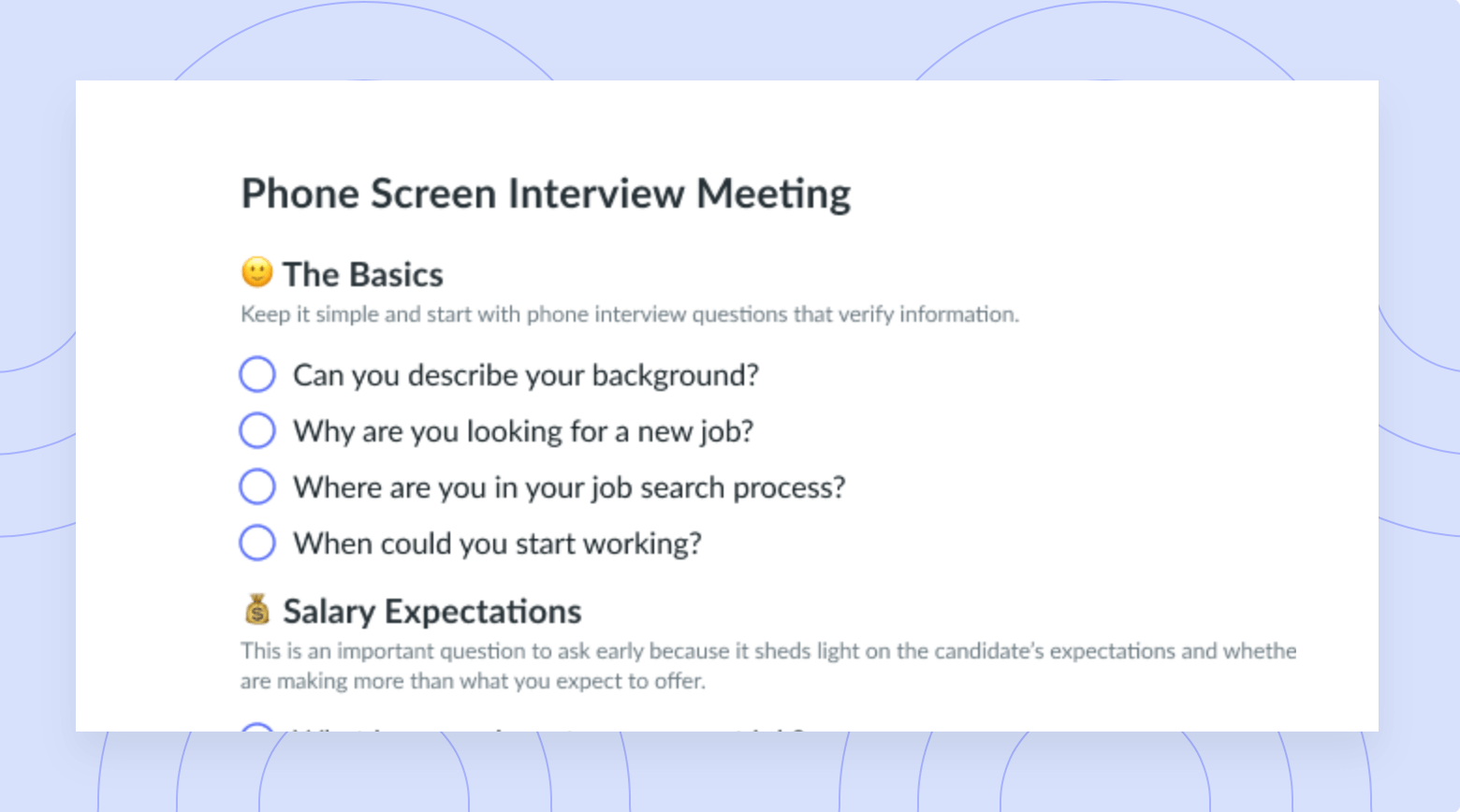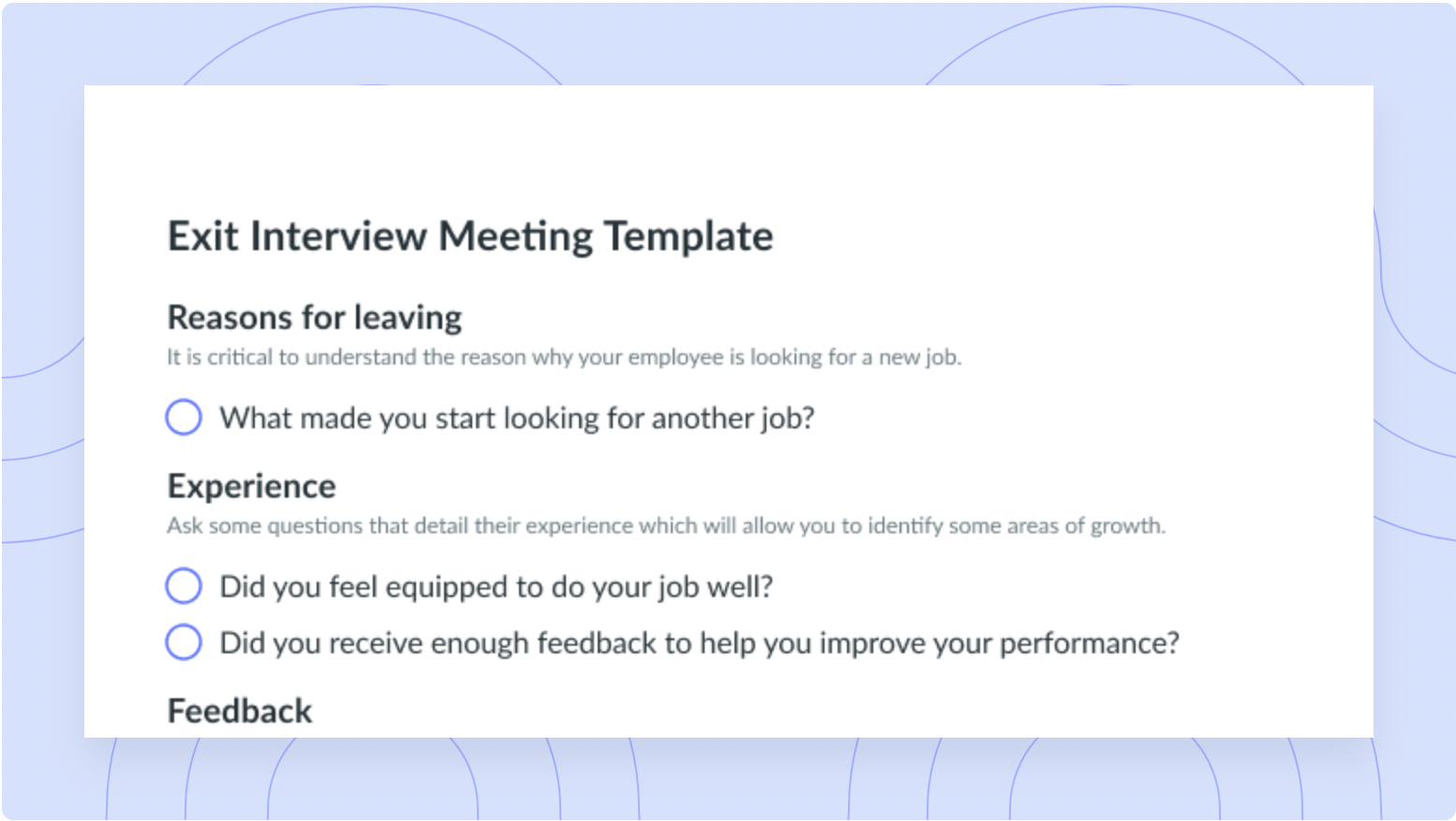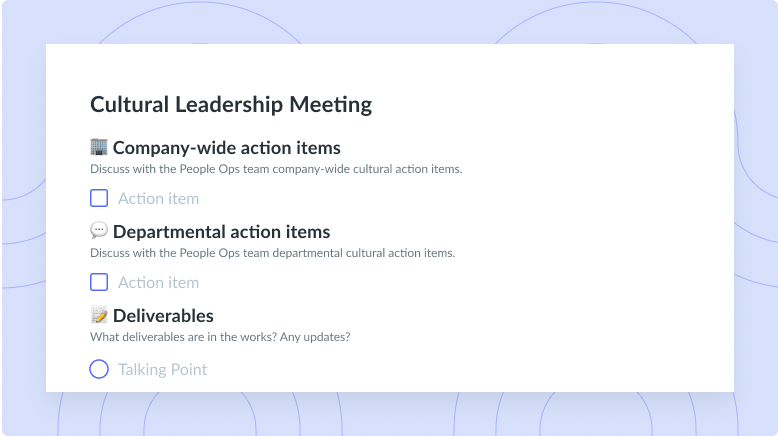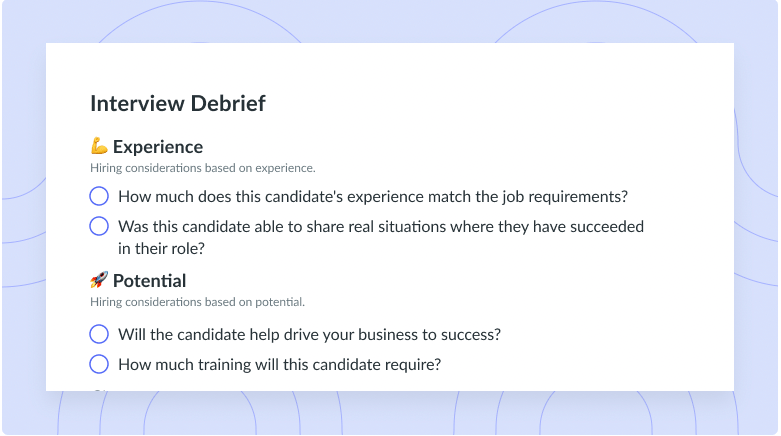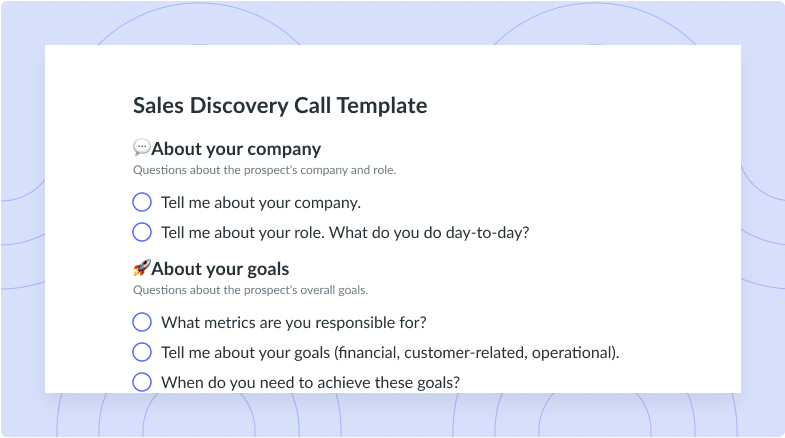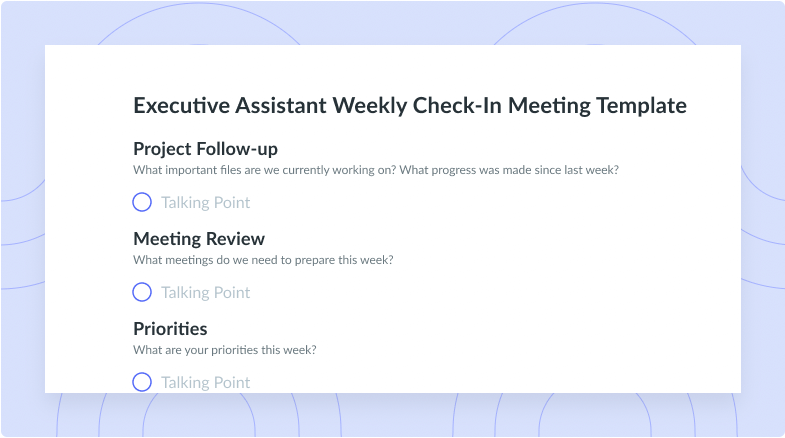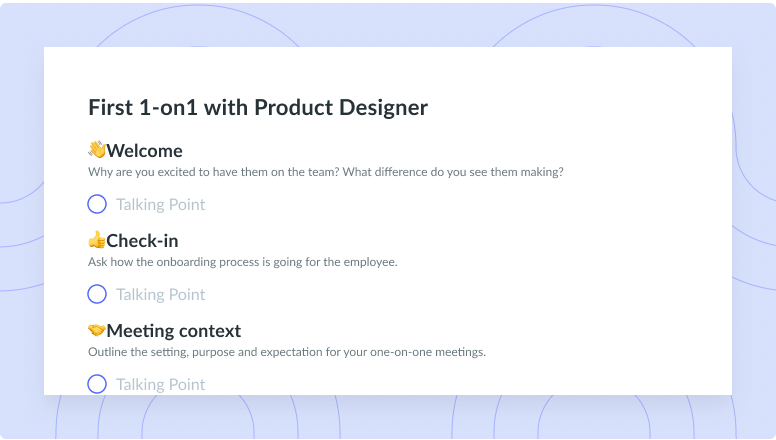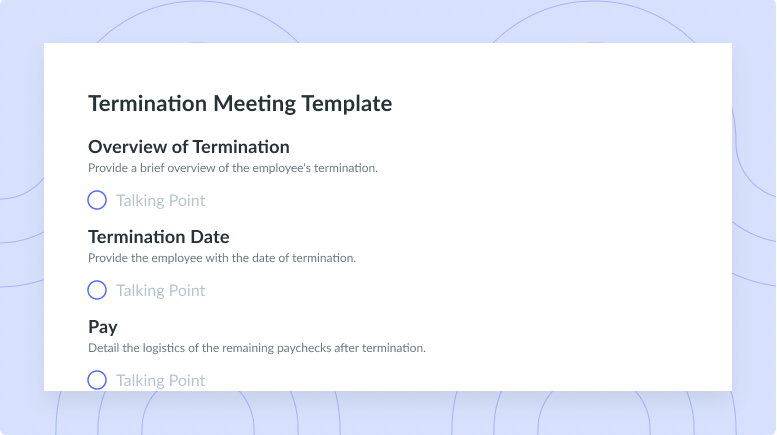Chief Operating Officer Interview Questions and Answers
Wondering how to best prepare yourself for your chief operating officer (COO) interview? Use this guide to hit the ground running.
The chief operating officer (COO) of an organization works in a high-level leadership role and acts as second in command to the CEO. Sometimes the COO is also called the vice president of operations or is a senior executive who is responsible for managing the daily operations of the company. As one of the most senior roles in any given company, the COO focuses on both the administrative and operational success of the organization, creating high-level strategies and detailed execution plans.
Because the COO interview is not the most conventional one, this article has put together a detailed account of COO duties and responsibilities, types of interview questions to expect, and sample COO interview questions and answers so you can feel confident and collected before your interview date.
- COO duties and responsibilities
- Types of COO interview questions to expect
- COO interview questions and sample answers
- Interview tips for COOs
COO duties and responsibilities
The purpose of the COO is to create several strategic plans with tangible deliverables that bring the organization closer to achieving its corporate goals. Every organization is different, which means that the COO has different responsibilities depending on the size of the company and its industry. Universally, though, the COO works very closely with the chief executive officer (CEO) to make important business decisions and works on scheduling a plan of execution. The COO is tasked with also working closely with the chief financial officer (CFO) and the chief information officer (CIO) to ensure that every department is on track to reach organizational goals and is supporting the company’s vision. While the COO reports to the CEO, typically other C-level executives report to the COO.
Are you an operations leader looking to change your meeting culture?
Get rid of low value meetings and streamline productivity with a tool like Fellow

Types of COO interview questions to expect
1Behavioral intelligence
Behavioral intelligence is an important competency for any leadership role, and especially for the COO. Behavioral intelligence refers to an individual’s ability to understand or explain behaviors in the workplace, predict future behaviors, influence employees’ behaviors, and also control their own behavior. Interview questions relating to behavioral intelligence are important because they will give insight as to how the candidate has handled certain situations in the past and also reveal how and if the candidate is able to stay strategically focused. Moreover, these questions demonstrate how leaders deal with conflict, and shed light on their ability to listen to opposing views, how they support opinions with evidence, and how they create effective solutions.
- In your previous role, how did you keep yourself accountable to individual and organizational goals?
- Sometimes there won’t be time to evaluate multiple options. How do you act in the face of ultra-tight deadlines?
- In the past, how have you resolved any fundamental disagreements in strategy or direction with the CEO or others in the C-suite or on the executive team?
- Do you feel you align with our company values? Tell me more.
- How has empathy helped you become successful in your career? Can you provide an example of this?
- Can you share an example of how you might appease an unhappy employee—without undermining company goals?
2General and background
General questions are those which focus on gaining an overall view of the background of a candidate’s previous experiences, industry knowledge, people management abilities and which highlight the person’s overall suitability for the position. Executive positions like the COO role require a senior level of experience and knowledge, which is why these questions are important for gaining an in-depth impression of the candidate’s skills, experiences, competencies, and personality.
- What is your leadership philosophy? How do you put it into practice?
- What is the most challenging part of your current job? Describe your relationship with your previous CEO.
- What are some examples of efficiencies you’ve found for your current organization?
- Have you ever sacrificed efficiency for cost? Have you sacrificed cost for efficiency?
- What are some successful initiatives you’ve overseen?
- How do you effectively motivate a team?
- What high-level programs and tools do you work with to organize large budgets?
- How has your experience in this industry prepared you to be our COO?
3Operational and situational
Operational and situational questions help interviewers to gain an understanding of the candidate’s knowledge of the role they are interviewing for and give them some insight as to how the potential COO would manage real-life situations. Importantly, one of the fundamental responsibilities of the COO is to make sure the business operates within its budget. These questions are important for emphasizing the candidate’s ability to manage both the business requirements and the workforce simultaneously.
- What are the first three things you would do in the new role to understand the industry, company performance, and operational priorities?
- What do you think is the most effective way to delegate tasks to others?
- How do you assess project costs to prepare accurate operational budgets?
- What would you want to know in your first 30 days as a COO?
- Tell me about a time you made a mistake at work while in a management role. How did you go about addressing it?
- What are ways to reduce operational costs that most executives miss?
- What would you do in a situation where you were lacking resources but had to deliver a project on time?
- In your opinion, what counts more toward a COO’s overall success: people or profits?
- How do you ensure the board is aware of key operational metrics?
Pro Tip: Fellow has tons of interview templates for you to choose from, and using the same template for all your interviews allows you to prevent bias and ensure uniformity for all your candidate interviews.

COO interview questions and sample answers
1How do you motivate employees to achieve their full potential?
Example response: In my current role, I noticed from my own observations and the feedback from managers that employees were lacking motivation. In order to get to the root of the problem, I decided to implement a company-wide pulse survey to generate feedback from employees about what would motivate them at work, among other important metrics. From the monthly reports and with the option for anonymous feedback, I gathered that employees wanted to have more recognition and more background context on the projects they were working on.
As such, we implemented a formal recognition and rewards framework for the company so that we could ensure that employees were being recognized at every level. I also began to facilitate a monthly meeting where the head of each project within each team would give a rundown of the project purpose and desired outcome. As such, the feedback on the pulse surveys began to improve and we saw employees taking a lot more initiative in asking questions, completing training and tracking for promotions. I think to motivate employees, you need to have relationships with them. They need to be seen and heard so that they know that their work matters.
2What is your decision-making style?
Example response: I believe that my decision-making style may change based on the particular situation or scenario. That said, for the most part, I’m a conceptual decision maker, because it’s in my nature to theorize and philosophize the “why” behind a potential decision. I tend to question why problems exist in the first place and then consider what kind of problem solving is required to overcome challenges in unique ways. While I am more than capable of making independent decisions, I do like to collaborate on big decisions because I’ve found that some of the best ideas and solutions have come from working with other executives and employees. Not only do brainstorming sessions help us come to the most effective and feasible decision, but I believe brainstorming empowers employees by giving them a voice and true say on the decisions that are made. Ultimately, I think that working as a team creates an innovative, fun place to work where everyone is recognized and heard.
Interview tips for COOs
1Be yourself
Always be yourself. When you’re working in a high-level leadership role, you need to be able to be your authentic self and know that you are well suited for the organization and its company culture. When you’re honest and open, and showcase your true self, interviewers will be able to tell and will see that you are comfortable delivering on the requirements of the position.
2Focus on quantifiable results
Try to give detailed responses to interview questions and even include some quantifiable results of initiatives or projects that you’ve worked on. This will highlight your operational leadership and your expertise. When you lend supporting evidence with numbers, you provide objective information that is left to be interpreted by the interviewer, because quantifiable results speak for themselves.
3Remember that practice makes perfect
Take the time to rehearse sample interview questions with friends, family, or a trusted colleague from your current role. This can be really helpful for considering your biggest achievements, the most important aspects of your future role, what you’re looking for, and what you bring to the table. Regardless of the questions that are asked, you’ll feel much more prepared having talked through your skills and experience.
Parting advice
These COO interview questions and answers are meant to help support you in your journey to becoming a COO or from making a lateral shift from another organization. These questions can help you highlight challenges that you’ve overcome, showcase your top qualities, and even help you communicate your career goals. Even executives need to prepare for job interviews, so be sure to do your research on the organization, the interviewer, their current projects, and partnerships before you dive in. Most importantly, be yourself to find the organization you’re best suited to be a part of.



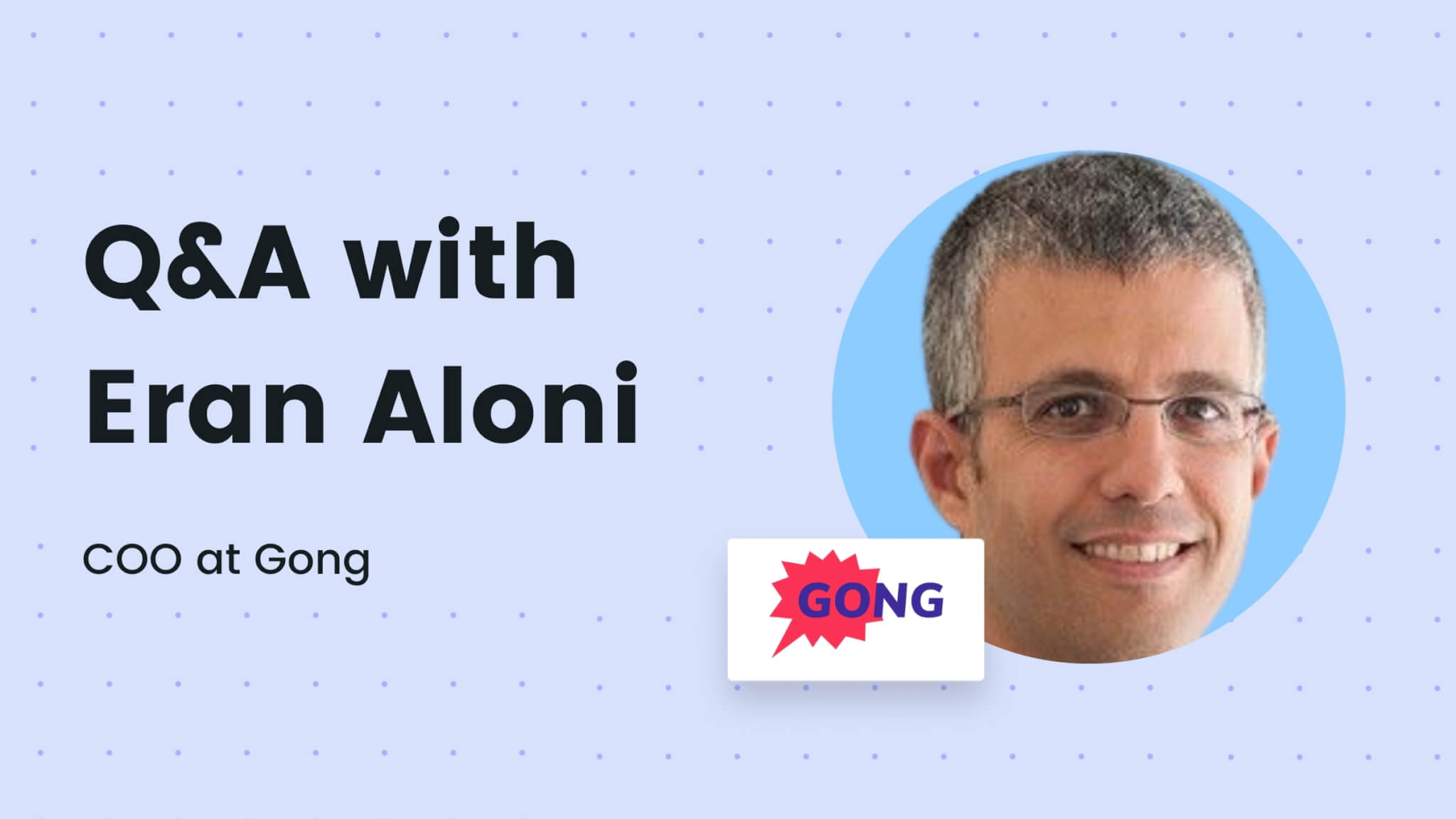


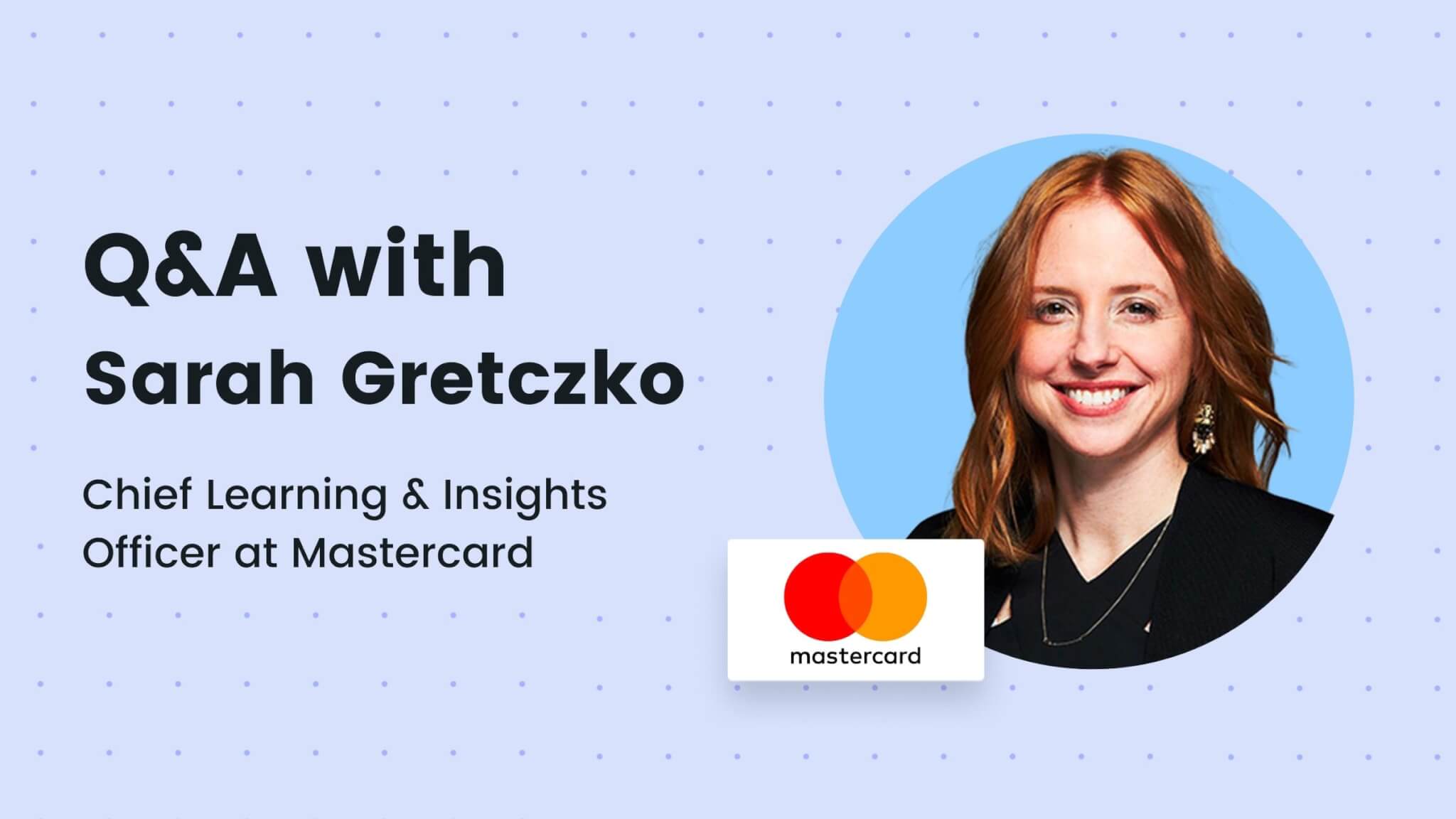
![COO Meeting Agenda: 6 Things to Include & Top Tips [+ Free Templates]](https://fellow.app/wp-content/uploads/2022/06/COO-Meeting.jpg)

![Incoming Client Interview [Legal Clinic] Template](https://fellow.app/wp-content/uploads/2021/09/Incoming-Client-Interview-Legal-Clinic-preview.png)
